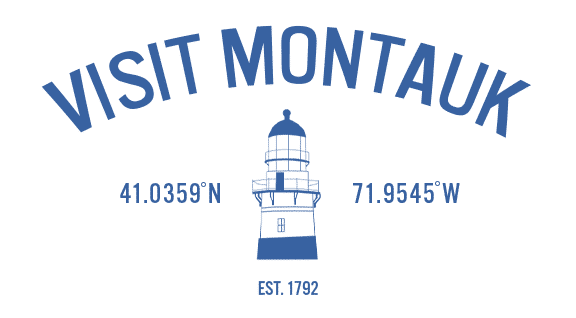We know through carbon dating of artifacts that Native Americans lived on Long Island for over 4,000 years. The Montauketts of Montauk were a peaceful tribe who hunted, fished and farmed the land, keeping cattle and sheep.
17th Century
The first white settler to set foot on Montauk was Dutch explorer Adrian Block. The first white man to settle in the area was Lord Gardiner, who moved across the Sound in 1639 from Connecticut, to land granted by the King Charles I. Lord Gardiner became friends with the Montauk Indians and on a number of occasions was a great help to the first known chief, Wyandanch.
18th Century
Old Montauk Highway was laid out in the 1700’s by ranchers who grazed livestock on the Montauk Peninsula. • In 1792 President George Washington authorized construction of the lighthouse. • Montauk is the home of the first cattle ranch in the United States. With the herding of cattle here, housing had to be built in the 1740’s – First House was built near Hither Hills Park, then Second House at its present site and, finally, Third House. First House burned down in 1917, Second House is now a museum and Third House is the headquarters for the County Park.
19th Century
In 1839 slaves who had seized the Spanish schooner Amistad came ashore. Authorities recaptured the slaves who were later freed in a much-publicized trial. • In 1867 P.T. Barnum displayed Monatukett Stephen Talkhouse as “the last king of the Montauks.” Talkhouse was famed for his long round trip walks from Montauk to East Hampton, Sag Harbor and New York. • Arthur Benson bought all of Montauk for $151,000 in 1879; the Stanford White houses built in 1882 are one of his contributions. • In 1895 Austin Corbin brought the railroad from Sag Harbor to Montauk and talked of making Montauk the Port of Entry from overseas. • In 1898 Teddy Roosevelt and his “Rough Riders” were quarantined at Camp Wikoff when they returned from the Spanish American War. Some twenty five thousand of his troops, victims of yellow fever, recuperated here in Montauk.
20th Century
Carl Fisher, the developer of Miami Beach, had a dream to make Montauk the Miami Beach of the North. He laid out the town, built the golf course, the Manor, the tall office building in town, indoor tennis courts, the Surf Club and the Yacht Club, and gambling casino on Star Island. He also opened the jetty into Lake Montauk, making the lake our saltwater harbor. His dream collapsed with the Stock Market crash of 1929, but not before he had accomplished a great many of his visions. • The Great Hurricane of 1938 turned Montauk into an island after water flooded across Napeague. Floodwaters inundated the original downtown, which was then moved to its present location. • During WWII much of Montauk was turned into a Navy base; Fort Pond was turned into a seaplane base and Camp Hero was established, disguised to appear from above as a New England fishing village. • In the 1960s, prefabricated “Leisurama” summer homes, fully furnished right down to the toothbrushes, were built and sold. Many of the motels were also built in the 60s, due to Montauk’s increased popularity as a summer resort town. • Montauk today remains a popular tourist destination and is home to the largest commercial and recreational fishing fleet in New York State.
